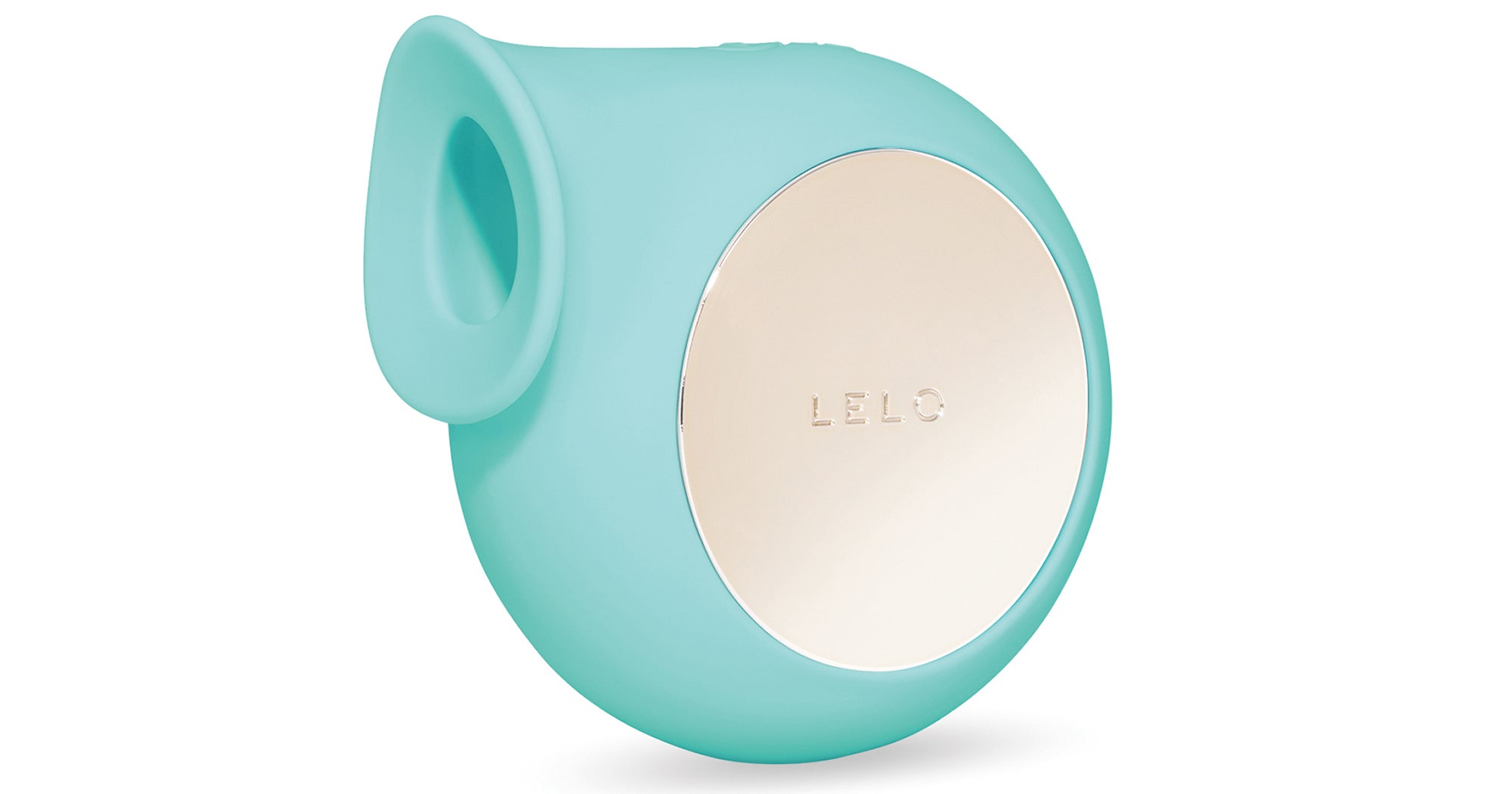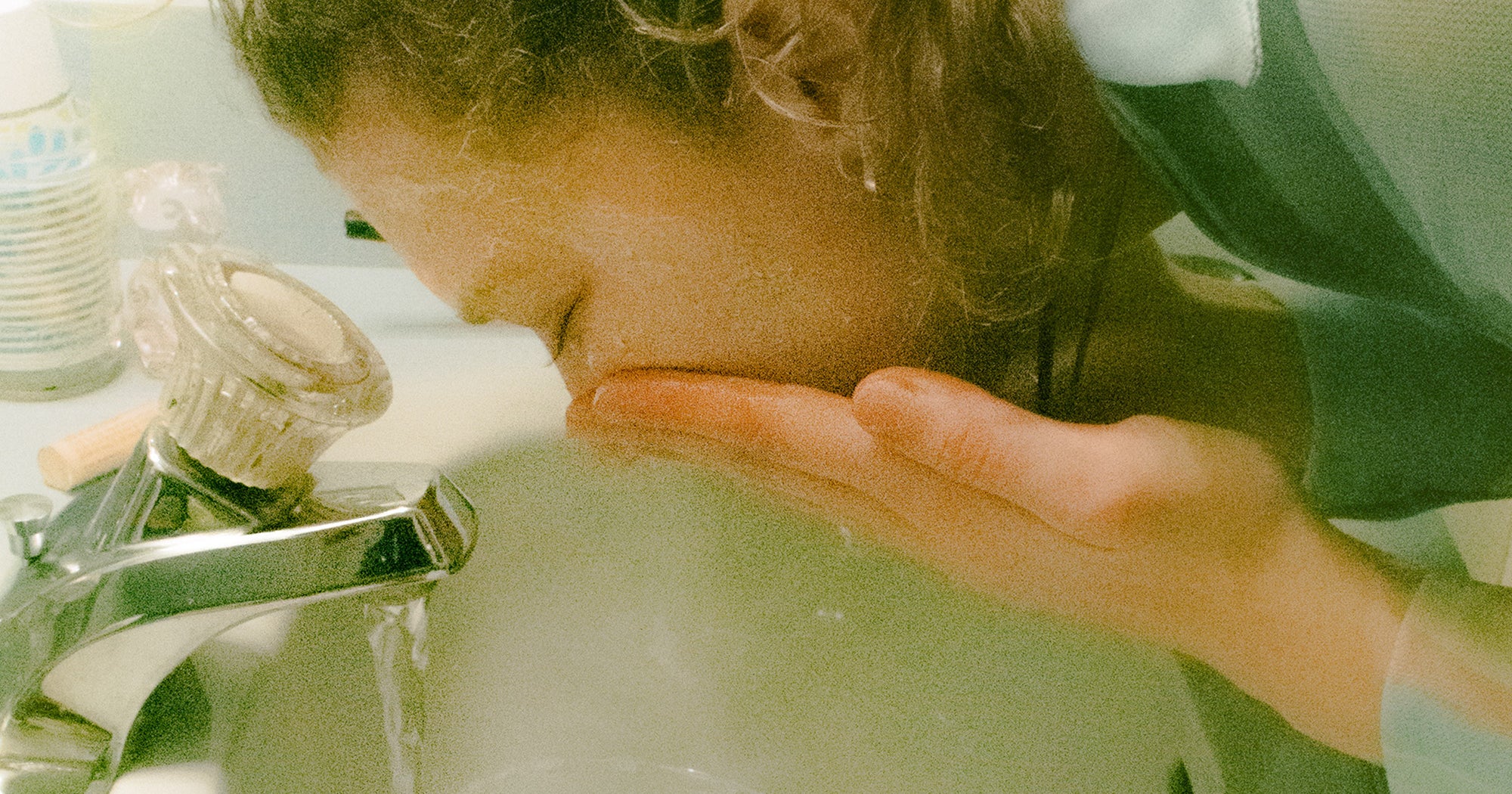I’ve Lived With A Chronic UTI For 13 Years – & It’s Devastating
Trigger warning: This story mentions suicidal thoughts. Dannii Haughton knows that her life looks good from the outside. At 31, she lives in a four-bedroom house in Walsall, not far from where she grew up, with her “amazing fiancé” and “beautiful” cat Harry. She adores her job at a charity and has a loving network of friends and family. “I’ve got everything I’ve ever wanted,” she says. “And I’m never happy — because I’m in pain all the time.” For the last 13 years, Haughton has lived with a chronic urinary tract infection (UTI), a debilitating condition estimated to affect 1.7 million women in the UK alone. Caused by bacteria entering the urinary tract, symptoms of a UTI include constantly feeling the need to pee and a burning, stinging sensation when you go to the loo. An ordinary UTI is the most common bacterial infection in the UK, one most people will be able to quickly clear via a short course of antibiotics. But for a rising number of patients, this approach doesn’t work. Instead, bacteria enter the bladder lining — where they can more easily evade antibiotics — making the infection chronic and sometimes near impossible to eradicate. Sufferers compare the pain of a chronic UTI to feeling like your bladder and urethra are packed with shards of glass, along with an agonising sense of being desperate to pee. These symptoms can endure for years, confining patients to their beds, blowing relationships and careers apart and upending hopes for the future. Relatively little mainstream attention is paid to chronic UTIs in general, with the condition not mentioned at all in the government’s most recent women’s health strategy. The mental health impact of living with a chronic UTI is particularly overlooked — but experts say it is devastating. Susannah Fraser, a spokesperson for Bladder Health UK, says chronic UTI patients who contact the charity’s advice line “are typically very anxious, depressed and at times suicidal.” Haughton was forced to drop out of university and move back in with her dad due to the physical symptoms of her chronic UTI, which she compares to “being tortured every single day.” Hardly able to leave the house for much of her 20s, she lost friendships and struggled to date or find remote work that could accommodate her needs. “I used to have suicidal thoughts on the daily,” she says, adding that she still grapples with suicidal ideation today. She says she’s “a lot better at coping” with those thoughts now, and has no plans to act on them. “But when you are in this much pain, and there’s that little help out there, and it goes on for that long, and it affects so many areas of your life… Well, it gets to that point,” she says, evenly. The diagnosis of chronic UTI can take up to 12 years As with many medical conditions that predominantly affect women, getting an accurate diagnosis of chronic UTI can take up to 12 years, according to a peer-reviewed scientific paper published in 2023 which reviewed 48 primary studies involving 13,000 patients. The tests used to check for a “normal” UTI are notoriously terrible at identifying chronic infections, limitations the NHS acknowledged on its website last year (having only recognised chronic UTIs as a distinct condition in 2022). Yet most medical practitioners still treat the tests as the diagnostic gold standard, causing many chronic UTI patients to be misdiagnosed or have their symptoms dismissed. “Many of my clients have complex PTSD because of the traumatic events they’ve had to endure before being diagnosed with a chronic urinary tract infection,” says Joanne Mckinlay, a UK-based counsellor who works with chronic UTI clients. Last December, Charlotte Smith* told a nurse at her GP surgery that she thought she had a UTI, having experienced abdominal pain, a constant need to pee and a burning sensation when urinating for weeks. But her urine tests didn’t point to a UTI – so the nurse “pretty much laughed at me,” says the 35-year-old from London. Armed with information about chronic UTIs from the NHS website, Smith visited her GP a week later, but that experience was even worse. “She said, ‘I can promise you, you do not have [a chronic UTI]. I think you’re anxious and that’s why you feel like you need the toilet all the time. You need to look after your mental health,’” Smith recalls. “She was talking to me like I was an actual crazy person, like someone you’d back away from slowly in the street.” Smith was diagnosed with a chronic UTI earlier this year after paying to see a private specialist. Living with a chronic UTI does often lead to anxiety and depression Experiences like this are common, and point to the frustrating paradox at the heart of the relationship between chronic UTIs and mental ill health. Living with a chronic UTI does often lead to anxiety and depression; Smith had to move back in with her mum after the mental health effects of the condition became unsustainable. (“I’d be crying on my way home from


Trigger warning: This story mentions suicidal thoughts.
Dannii Haughton knows that her life looks good from the outside. At 31, she lives in a four-bedroom house in Walsall, not far from where she grew up, with her “amazing fiancé” and “beautiful” cat Harry. She adores her job at a charity and has a loving network of friends and family. “I’ve got everything I’ve ever wanted,” she says. “And I’m never happy — because I’m in pain all the time.”
For the last 13 years, Haughton has lived with a chronic urinary tract infection (UTI), a debilitating condition estimated to affect 1.7 million women in the UK alone. Caused by bacteria entering the urinary tract, symptoms of a UTI include constantly feeling the need to pee and a burning, stinging sensation when you go to the loo. An ordinary UTI is the most common bacterial infection in the UK, one most people will be able to quickly clear via a short course of antibiotics.
But for a rising number of patients, this approach doesn’t work. Instead, bacteria enter the bladder lining — where they can more easily evade antibiotics — making the infection chronic and sometimes near impossible to eradicate. Sufferers compare the pain of a chronic UTI to feeling like your bladder and urethra are packed with shards of glass, along with an agonising sense of being desperate to pee. These symptoms can endure for years, confining patients to their beds, blowing relationships and careers apart and upending hopes for the future. Relatively little mainstream attention is paid to chronic UTIs in general, with the condition not mentioned at all in the government’s most recent women’s health strategy. The mental health impact of living with a chronic UTI is particularly overlooked — but experts say it is devastating. Susannah Fraser, a spokesperson for Bladder Health UK, says chronic UTI patients who contact the charity’s advice line “are typically very anxious, depressed and at times suicidal.”
Haughton was forced to drop out of university and move back in with her dad due to the physical symptoms of her chronic UTI, which she compares to “being tortured every single day.” Hardly able to leave the house for much of her 20s, she lost friendships and struggled to date or find remote work that could accommodate her needs. “I used to have suicidal thoughts on the daily,” she says, adding that she still grapples with suicidal ideation today. She says she’s “a lot better at coping” with those thoughts now, and has no plans to act on them. “But when you are in this much pain, and there’s that little help out there, and it goes on for that long, and it affects so many areas of your life… Well, it gets to that point,” she says, evenly.
The diagnosis of chronic UTI can take up to 12 years
As with many medical conditions that predominantly affect women, getting an accurate diagnosis of chronic UTI can take up to 12 years, according to a peer-reviewed scientific paper published in 2023 which reviewed 48 primary studies involving 13,000 patients. The tests used to check for a “normal” UTI are notoriously terrible at identifying chronic infections, limitations the NHS acknowledged on its website last year (having only recognised chronic UTIs as a distinct condition in 2022). Yet most medical practitioners still treat the tests as the diagnostic gold standard, causing many chronic UTI patients to be misdiagnosed or have their symptoms dismissed. “Many of my clients have complex PTSD because of the traumatic events they’ve had to endure before being diagnosed with a chronic urinary tract infection,” says Joanne Mckinlay, a UK-based counsellor who works with chronic UTI clients.
Last December, Charlotte Smith* told a nurse at her GP surgery that she thought she had a UTI, having experienced abdominal pain, a constant need to pee and a burning sensation when urinating for weeks. But her urine tests didn’t point to a UTI – so the nurse “pretty much laughed at me,” says the 35-year-old from London. Armed with information about chronic UTIs from the NHS website, Smith visited her GP a week later, but that experience was even worse. “She said, ‘I can promise you, you do not have [a chronic UTI]. I think you’re anxious and that’s why you feel like you need the toilet all the time. You need to look after your mental health,’” Smith recalls. “She was talking to me like I was an actual crazy person, like someone you’d back away from slowly in the street.” Smith was diagnosed with a chronic UTI earlier this year after paying to see a private specialist.
Living with a chronic UTI does often lead to anxiety and depression
Experiences like this are common, and point to the frustrating paradox at the heart of the relationship between chronic UTIs and mental ill health. Living with a chronic UTI does often lead to anxiety and depression; Smith had to move back in with her mum after the mental health effects of the condition became unsustainable. (“I’d be crying on my way home from work, crying when I was doing my laundry, crying when I was cooking dinner, going to bed crying, waking up crying,” she says.) But mental ill-health doesn’t cause UTIs. The physical pain, and dismissive responses from others, are what leads to psychological anguish.
“The thing that we see [has the biggest positive effect on patients’] mental health is when they find a single clinician who validates their experience and tells them they believe them,” says Melissa Kramer, the CEO of online support platform Live UTI Free. Similarly, Mckinlay always starts her counselling sessions by “making [chronic UTI sufferers] feel heard and validated”, before guiding them through coping strategies including breathwork and “good day diaries.”
Lack of treatment guidance for chronic UTIs
More effective and accessible treatments for chronic UTIs would make the biggest difference to patients’ mental health, creating a bright spot on what can feel like a very dark horizon. “If I had a crystal ball and knew I’d feel better even in five years, I’d be able to cope a lot better,” says Smith. Currently, however, “there’s really not much we can offer [people living with chronic UTIs] yet,” in terms of a cure, says Professor Jennifer Rohn, head of the Centre for Urological Biology at University College London. While recent years have seen promising scientific developments that may be able to prevent UTIs from recurring (including vaginal oestrogen and a vaccine in the form of a pineapple-flavoured tongue spray), “none of these are magic bullets,” Rohn continues. Clinicians who do empathise with chronic UTI patients are also hamstrung by a lack of treatment guidance from the National Institute for Health and Care Excellence (NICE). Unless you see a specialist, you’ll likely be offered treatments designed for acute or recurrent UTIs — which, bluntly, “do not work for chronic UTI,” says Susannah Fraser of Bladder Health UK. To access specialist care at the one NHS chronic UTI clinic in the UK, you could be on a waiting list for 14 months or more.
Faced with a dearth of treatment options, many patients report feeling at best uncertain about what the future holds, at worst utterly helpless and hopeless — key risk factors for anxiety and depression.
However, an increasing number of chronic UTI specialists in the UK — notably a world-renowned clinic on Harley Street and that solitary NHS service — believe hope does exist in the form of long-term antibiotic prescriptions. Concerns over antimicrobial resistance (where the overuse of antibiotics causes drugs to become ineffective) mean this approach isn’t uncontroversial, but it’s backed by a growing body of research. Medical student Kristina Gjerding, 32, is a patient at the Harley Street clinic who’s been taking antibiotics alongside an oral antiseptic for nine months. After her mental health was shattered by a chronic UTI that began in 2022, her physical symptoms are now manageable enough for her to start rebuilding her life and continue her studies.
“At its worst, [the chronic UTI] literally felt like there was a blowtorch in my bladder,” says Gjerding. Bedbound for around a year, she began thinking that it would be “best for everyone if I wasn’t here anymore. [I felt I was] irritating the doctors, a financial drain on my mum, a burden to my friends… The depression was enormous, the anxiety was out of control.” The antibiotic treatment hasn’t “solved everything overnight”: Gjerding still suffers painful UTI flare-ups and anxiety attacks, has to be monitored closely for potential antibiotic side effects (which can include thrush, gut problems and nausea), and feels her brain has effectively been “rewired” by the trauma she’s gone through. “But I’ve clawed myself back to having a sort of normal life again.”
Gjerding is cautious about offering advice to others struggling with their mental health due to a chronic UTI, but emphasises the importance of seeking counselling or therapy from a practitioner well-versed in chronic pain. “So long as you’ve got that support, and a good UTI specialist, it’s just about persevering and having faith. I’m not a spiritual person at all, and I know it’s so hard. But you have to believe that it will get better.”
*Surname on interviewee’s request changed to protect identity.
In the UK and Ireland, Samaritans can be contacted on freephone 116 123, or email jo@samaritans.org or jo@samaritans.ie. More information on chronic UTI, including specialist services and how to test urine outside the NHS, can be found at the websites for Bladder Health UK, Chronic UTI Info and the Chronic Urinary Tract Infection Campaign.
Like what you see? How about some more R29 goodness, right here?
What's Your Reaction?






















































































































